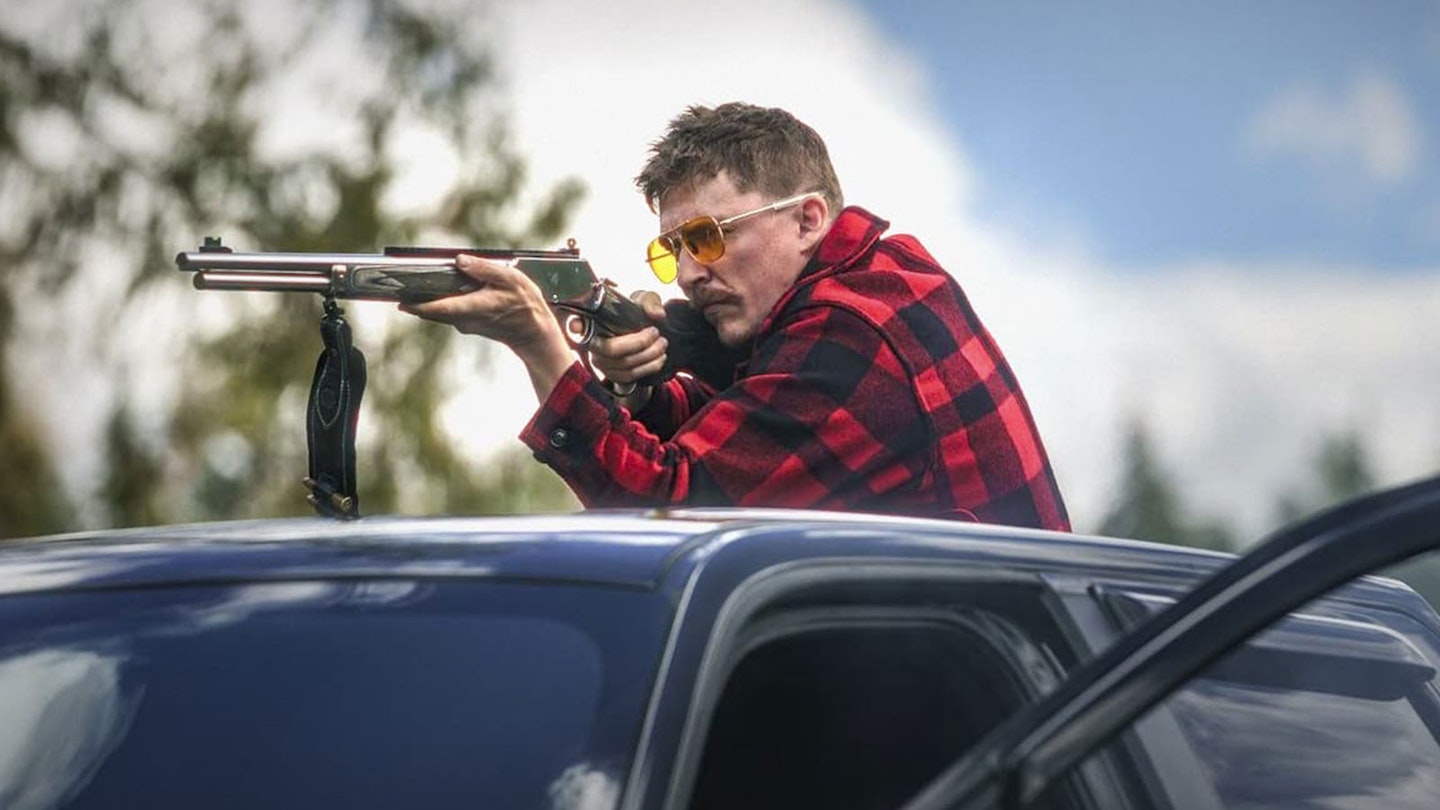Right at the end of summer, at the tail end of a movie season stuffed with whirling tornadoes, raging apes and a mouldy Michael Keaton, comes another welcome throwback: a low-budget thriller that emerges out of nowhere to bowl you over. With its enigmatic title and cast of relative unknowns, it was on few radars until recently. But it should be on your radar now — and not just because Stephen King himself has hailed it as “a clever masterpiece”. Strange Darling is a smart, slippery creation, one which largely lands its blows with a wallop, and which proves a major calling card for both its director and its female star.

“I’m going to have to ask you a question,” goes an early line of dialogue. “Are you a serial killer?” That question hangs over the whole bloody affair. We’re in a place called Hood River County, Oregon, an especially scenic part of the States. Except, there’s little time to enjoy the scenery. Because we’re quickly locked into a battle between two characters: The Lady (Willa Fitzgerald) and The Demon (Kyle Gallner). The former, all panic and desperate ingenuity, is being pursued, final-girl-style, by the latter, a relentless force with a coke-user’s sniff. We’ve seen this before, in a thousand films. Except, we haven’t.
Helping matters is that it looks sensational, thanks to 35mm photography captured by Giovanni Ribisi.
Strange Darling’s creator is JT Mollner, a man raised in Las Vegas, where his parents operated a haunted-garage attraction (occasionally they put fangs in his mouth and put him in the show; Mollner still spends part of his time maintaining the expanded family business). Perhaps it’s from that unusual upbringing that he learned how to expertly pull the ropes of suspense and fear.

This film yanks us one way, then hurls us somewhere else, via a Pulp Fiction-y jumbled chronology: it opens with ‘Chapter 3’. (There’s also a title card early on that claims the action is based on true events, seemingly a bit of Fargo-esque poetic licence that might be a misdirection too far.) As the jigsaw pieces slot into place, we start to see the bigger picture. To say more would be to ruin the experience, but suffice to say that it’s one of those movies that slowly uncoils like a rattlesnake, then strikes and strikes again. The intensity is leavened by welcome flashes of humour, including 2024’s most hilariously OTT breakfast.
Helping matters is that it looks sensational, thanks to 35mm photography captured by Giovanni Ribisi (yes, that one; the Avatar star has turned cinematographer). From hazy, sun-dappled forests to neon-soaked interiors of cars, the visuals are varied, impressive and help give the film the vibe of a dark fairy tale.
But the main boon is the performance by Fitzgerald. She’s appeared in many TV shows, from Scream to Reacher, but hitherto been underserved in films; that will hopefully change now, following this sinuous, powerhouse turn. Even when Strange Darling’s limited budget occasionally shows, she elevates proceedings: sometimes flustered, sometimes in command, she’s always interesting. And her final shot is an all-timer.
